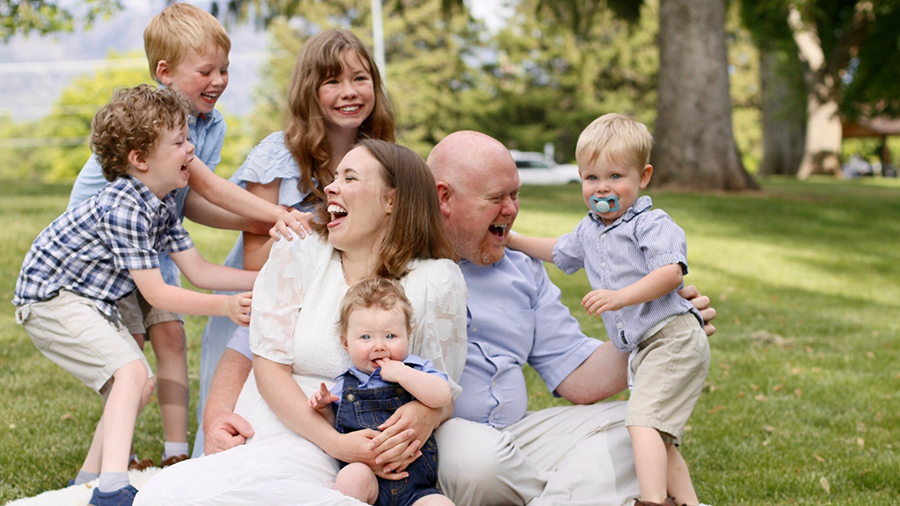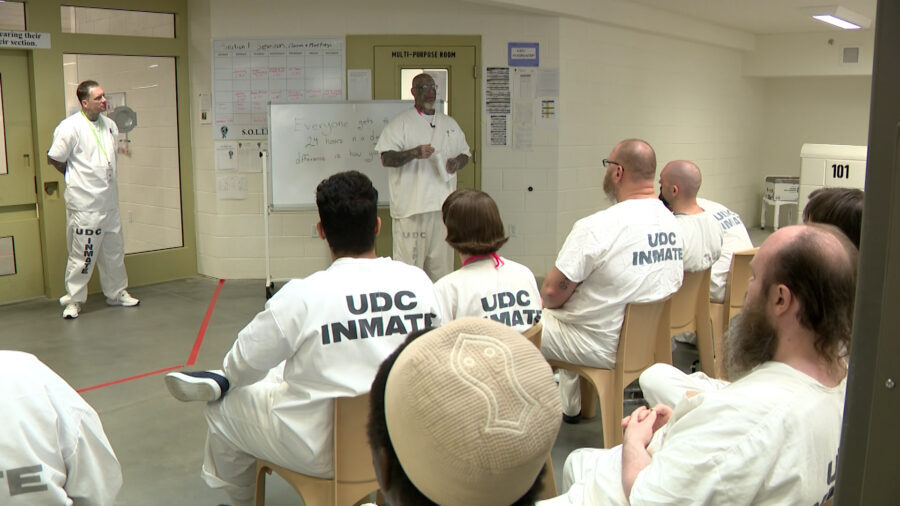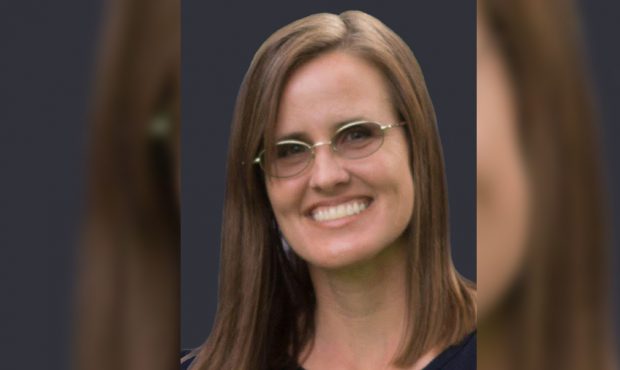University of Utah experts say early positive education, culture of kindness can combat bullying
Nov 16, 2021, 8:33 PM | Updated: Nov 17, 2021, 11:37 am
SALT LAKE CITY — The death last week of a 10-year-old black, autistic Utah girl who took her own life has again elevated the importance of talking about suicide. Experts from the University of Utah and Huntsman Mental Health Institute talked about the short and long-term impacts of bullying. They believe positive education needs to start early.
Being bullied as a child can have life-long psychological impacts that can lead to anxiety, depression, and thoughts of suicide. That’s why the professionals who focus on bullying say it’s important to address the problem, pay attention to kids being bullied, and create a culture of caring and kindness.
“Bullying is a terrible problem, and it’s worse for kids than it is for adults,” said Dr. Jose Rodriguez, FAAFP, Associate Vice President for Health Equity, Diversity, and Inclusion at University of Utah Health.
Having experienced bullying as a child and as an adult, Dr. Rodriguez knows how destructive it can be.
He studies health equity and racism in medicine and says people of color feel the bite of bullying and racism every day.
“There’s a tendency to say bullying can happen to anybody, and that’s 100% true,” he said. “But, if you’re from a racialized background, it is very difficult to distinguish bullying from outright race-fueled bullying.”
Bullying is common and happens in all age groups. It’s the second-highest tip on the SafeUT app, and bullying associated with race and gender identity is also increasing. Bullying also rises from boredom, fear, and lack of acceptance.
“It could be that they have not learned some of the skills around feeling compassionate or caring for others, so they’re not tuned into how their behavior is actually affecting other people,” said Scott Langenecker, PhD, a Clinical Neuropsychologist and professor of psychiatry at Huntsman Mental Health Institute.
Parents and those who work with youth should teach the behavior that’s expected, he said.
“It’s important to teach some of the skills around compassion, around caring for other people, around respecting other people, and creating a culture in which bullying is reported and treated seriously.”
Bullying cannot be swept dismissed as something that kids simply do, Langenecker said. Effective education focuses on skills for caring for others and detecting when they are in emotional distress.
“How do we have conversations at home and at school, and make students aware of how to treat people with respect, with kindness and how to report these concerns and handle them in a safe way with a trusted adult if this is something they’re experiencing,” said Rachel Lucyinski, Business Operations Manager, Community Crisis Services at Huntsman Mental Health Institute.
The experts agree that teaching a culture of kindness needs to begin early, and continue through our lives.












